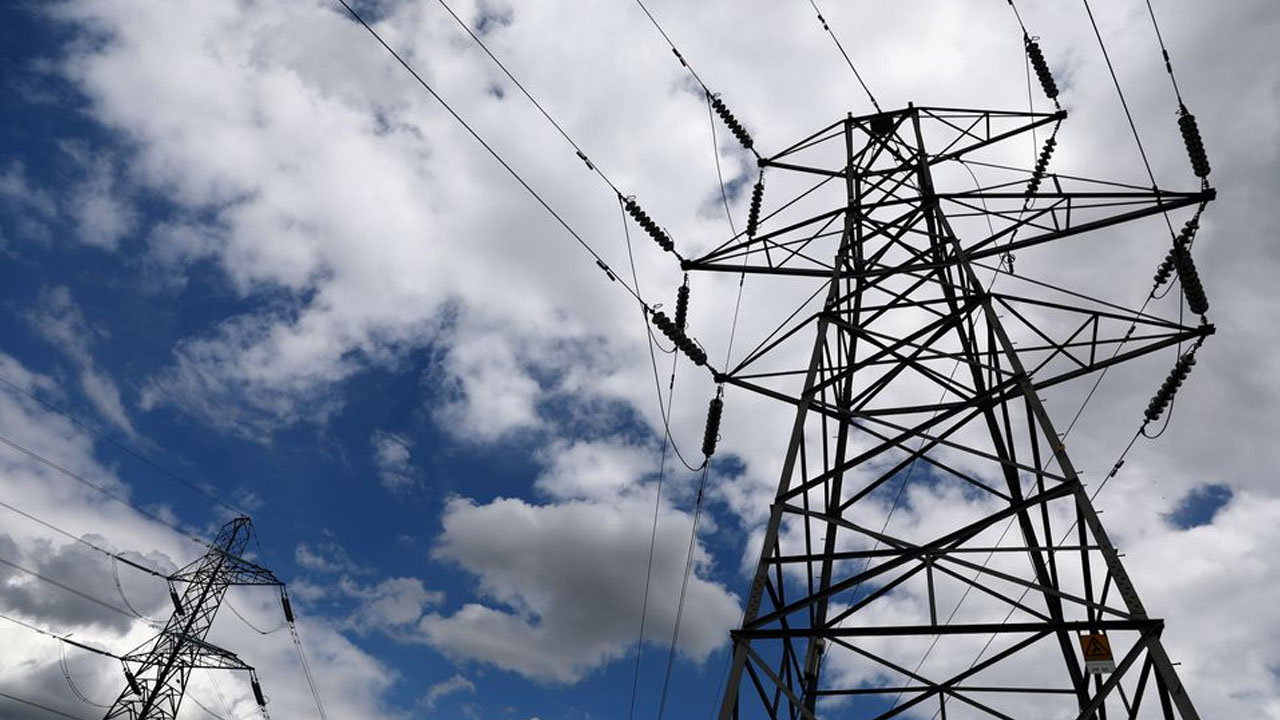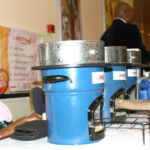By Destiny Uko
The rainy season, which spans from April to October, brings much-needed relief from the intense heat. However, it also increases the risks of electrical hazards, especially electrocution, since the combination of water and electricity can be fatal.
At least 109 people died from electrical incidents in 2022, according to a report by the Nigerian Electricity Regulatory Commission (NERC). In the first half of 2023 alone, 45 fatalities were recorded, bringing the toll to 154 in the last 30 months.
Globally, the World Health Organisation ranks electrical hazards among the top five causes of workplace deaths, especially in developing countries with weak safety enforcement.
Several risks factors make electrocution more likely during the rainy months.
- Fallen Power Lines
Heavy rains and storms can bring down power lines. These live wires may touch wet surfaces or metal objects, conducting electricity over large areas. A tragic example is the 2010 incident in Port Harcourt, where a 33-kilovolt cable fell during a thunderstorm, electrocuting 11 commuters after landing on two buses.
- Flooded Areas
Poor drainage can turn streets and homes into electrical traps if buried electrical installations are exposed to water.
- Exposed Electrical Installations
Poorly insulated wires, damaged cables, or broken switches become even more dangerous when wet.
- Illegal or Substandard Connections
According to the Nigerian Electricity Management Services Agency (NEMSA), over 60% of electricity-related deaths in Nigeria are linked to illegal or poorly executed electrical installations, especially in rural areas.
- Contact with Metal Objects
Touching metal poles, fences, or gates during rainfall can be deadly if those objects are electrified through faulty connections.
Preventing electrocution
To reduce the risk of electrocution during the rainy season, observe the following precautions:
Avoid Fallen Power Lines
Always assume any fallen wire is live. Do not touch them or drive over them. Stay clear as much as possible.
Keep Off Flooded areas
Do not wade through flooded streets or compounds, especially where electrical fittings are submerged. Find alternative routes.
Inspect Your Home’s Wiring
Check regularly for exposed or damaged wires. Replace worn-out wiring and address faulty connections promptly.
Unplug Devices During Storms
Put off electrical appliances such as TV and phones during thunderstorms to prevent surges. Also ensure to wear rubber slippers when switching over power or using water pumps
Educate Children
Children are particularly vulnerable. Teach them to avoid playing around electrical poles, wires or outlets.
Install Circuit Breakers
Circuit breakers and Residual Current Devices (RCDs) greatly reduce the risk of fatal electrocution when properly installed and maintained.
What you should do in time of electrocution
Despite precautions, accidents may still occur. Knowing what to do in the event of an electrocution can save lives.
- Do Not Touch the Victim Directly
If the person is still in contact with the electrical source, do not touch them with your bare hands. You can try to save them by pushing them free with long dry sticks. You could be electrocuted too by touching them bare.
- Turn Off the power supply
If safe and accessible, immediately switch off the main power source.
- Call Emergency Services
Dial Nigeria’s emergency number: 112 or call local ambulance service. More often than not, electrocution cases scarce receive timely emergency aid due to limited awareness.
- Administer CPR if Necessary
Begin CPR if the victim isn’t breathing or has no pulse and continue until professional help arrives.
- Monitor for Shock
Keep the victim warm, calm, and lying down until help arrives.
Electrocution is one of the most preventable causes of accidental deaths yet continues to claim lives owing to carelessness and poor infrastructure.
Safety starts with awareness. A few simple precautions can mean the difference between life and death.
The rainy season, from April to October, heightens the risk of electrocution due to water's interaction with electricity. In 2022, 109 deaths in Nigeria were linked to electrical incidents, with 45 more in the first half of 2023. Key risks include fallen power lines, flooded areas, exposed and substandard electrical installations, and contact with electrified metal during rainfall. Prevention measures include avoiding fallen power lines, steering clear of flooded areas, inspecting home wiring, unplugging devices during storms, educating children, and installing circuit breakers.
In case of electrocution, do not touch the victim directly. Turn off the power supply if safe, call emergency services, administer CPR if required, and monitor the victim for shock. Electrocution remains preventable with greater awareness and safety precautions.






